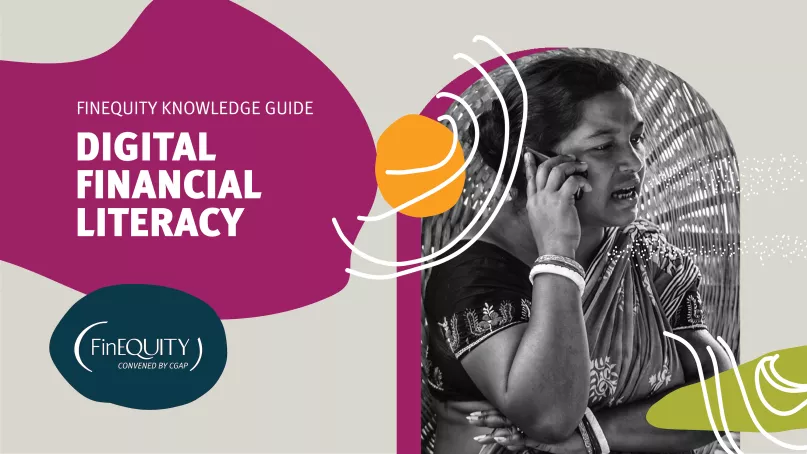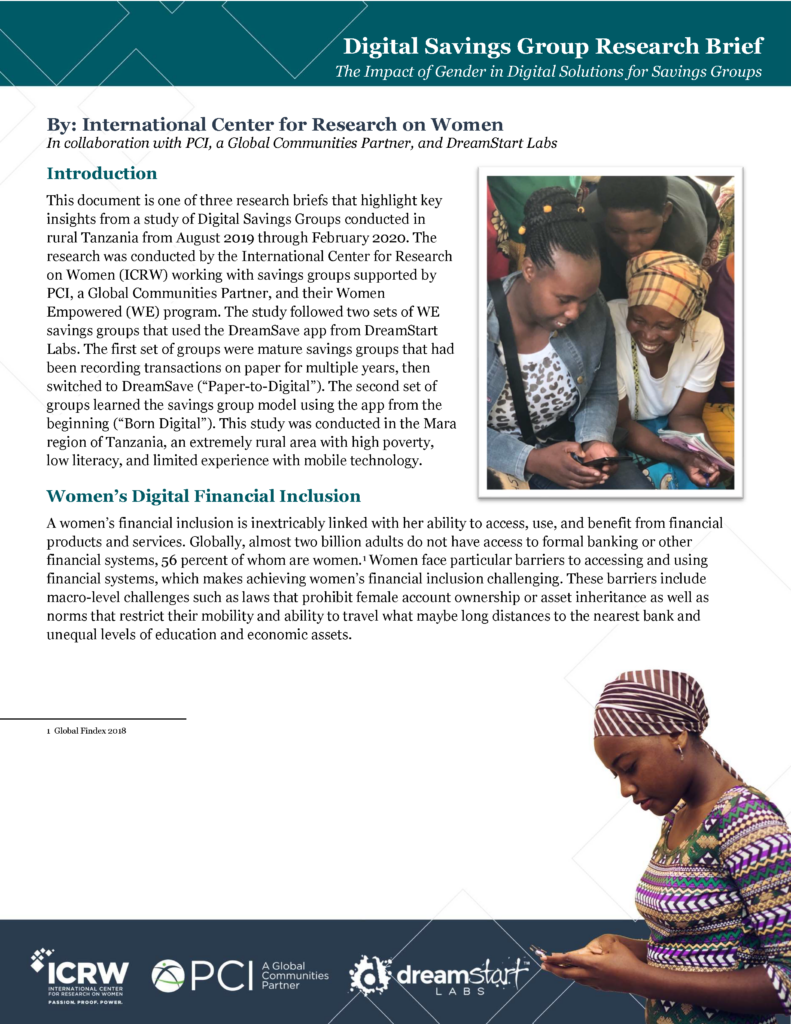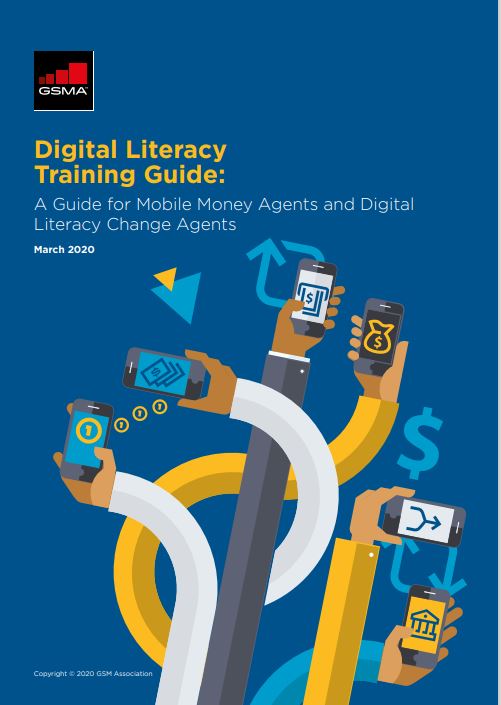FinEquity has created a Digital Financial Literacy Knowledge Guide to showcase existing resources on digital financial literacy (DFL), which is as a key factor for women’s financial and digital inclusion. The guide is made up of three sections: good practice guidelines, implementation case studies, and example curricular. As with all FinEquity’s Knowledge Guides, this is not an exhaustive list but rather a curated selection of resources. FinEquity will update the guide with new resources periodically.

Tool
Knowledge Guide: Digital Financial Literacy
Published by
2023
FinEquity
Have you found this Resource useful?



